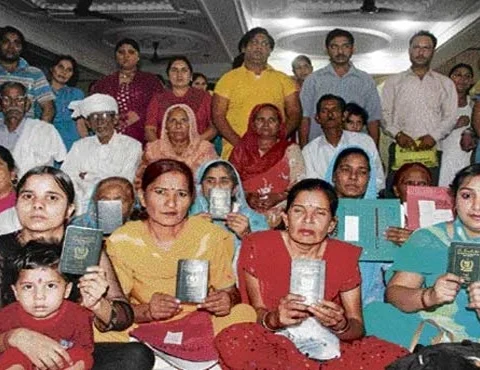
KEY POINTS:
-
Hungary’s Withdrawal from ICC: Hungary announced on April 3, 2025, that it would fully withdraw from the International Criminal Court (ICC) after the court issued an arrest warrant for Israeli Prime Minister Benjamin Netanyahu over allegations of war crimes in Gaza.
-
ICC’s Decision on Netanyahu: Netanyahu, currently facing an arrest warrant by the ICC, is accused of committing war crimes in Gaza during Israel’s military operation in response to an attack by Hamas. Israel has rejected the accusations, claiming they are politically motivated and anti-Semitic.
-
Hungary’s Support for Netanyahu: Hungarian Prime Minister Viktor Orban praised the ICC’s decision as politically biased, particularly against Israel, and voiced Hungary’s stance by calling the court a “political court” rather than a neutral entity.
-
Legal Obligations: As a founding member of the ICC, Hungary is technically required to uphold arrest warrants issued by the court. However, Orban’s government has refused to comply, and Hungary’s decision to withdraw from the ICC is expected to take about a year.
-
Netanyahu’s Visit: Netanyahu’s visit to Hungary marks his second trip abroad since the ICC issued the arrest warrant, following a trip to Washington. The visit was arranged after Hungary refused to enforce the ICC’s warrant, underscoring Hungary’s alignment with Israel.
-
International Reactions: Hungary’s move has drawn attention, with various EU states expressing differing opinions. Some European countries have committed to adhering to the ICC’s decisions, while others, including France and Italy, have raised doubts about the legality of the arrest warrant and Netanyahu’s potential immunity.
Hungary’s decision to withdraw from the ICC and support Israeli Prime Minister Netanyahu highlights the growing political rift between countries regarding the ICC’s role in prosecuting war crimes. While Hungary defies international law, it continues to align with Israel, raising questions about the balance between international justice and national sovereignty. The decision underscores the complex political dynamics surrounding the Gaza conflict and the legitimacy of international legal bodies in handling such cases.





